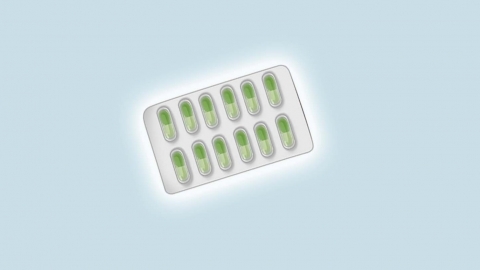Which has fewer side effects, antipyretic suppositories or ibuprofen?
Generally speaking, there is no absolute answer regarding the magnitude of side effects between fever-reducing suppositories and ibuprofen; the choice depends on the method of administration and the individual. Oral ibuprofen may cause gastrointestinal discomfort, while fever-reducing suppositories are less irritating to the gastrointestinal tract but may cause local discomfort. The selection should be based on specific needs. Detailed analysis is as follows:

Oral ibuprofen is absorbed through the gastrointestinal tract, and some people may experience discomfort such as stomach pain and nausea, especially when taken on an empty stomach. Taking it after a meal can reduce irritation. Its side effects are mostly related to the gastrointestinal system and usually subside after discontinuation, making it suitable for individuals who can swallow normally and have good gastrointestinal tolerance.
Fever-reducing suppositories are absorbed through the rectal mucosa, bypassing the gastrointestinal tract, and thus cause less gastrointestinal irritation. They are suitable for children or adults experiencing vomiting or difficulty swallowing. However, some people may experience local reactions such as anal discomfort or a feeling of defecation after use. Proper administration is required to ensure effectiveness and to avoid impaired absorption or discomfort due to improper handling.
Regardless of which medication is chosen, it is important to use the correct dosage and avoid overdose. Physical cooling methods, such as warm water sponge baths, reducing clothing, and drinking plenty of warm water, along with adequate rest, can help the body recover. If abnormal reactions occur after taking the medication, the method of administration should be adjusted promptly to ensure safety.




